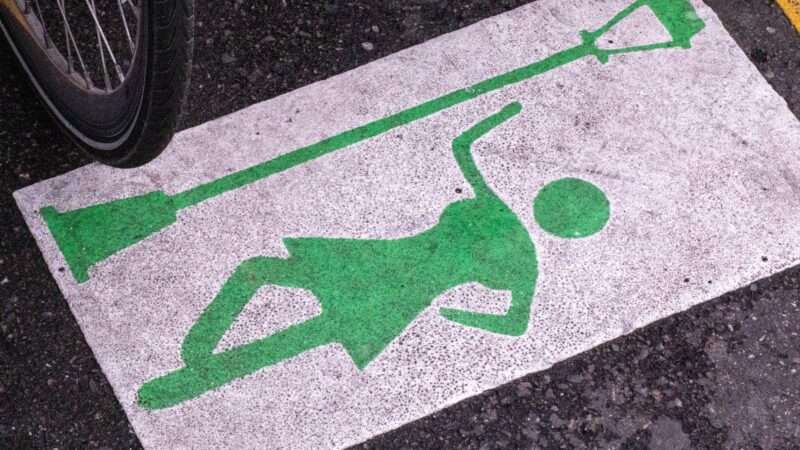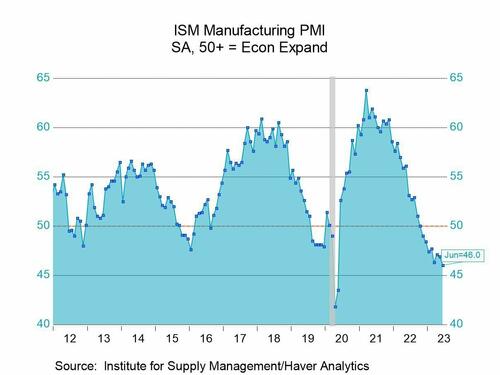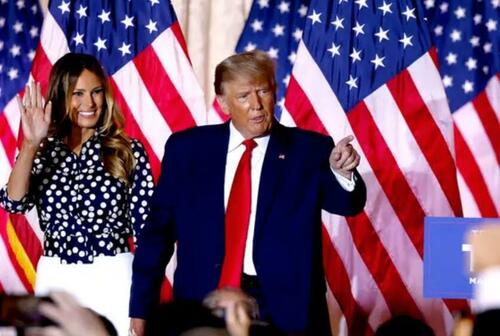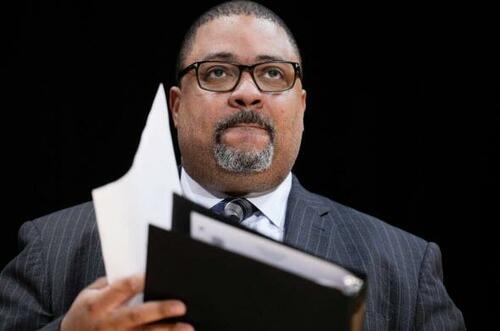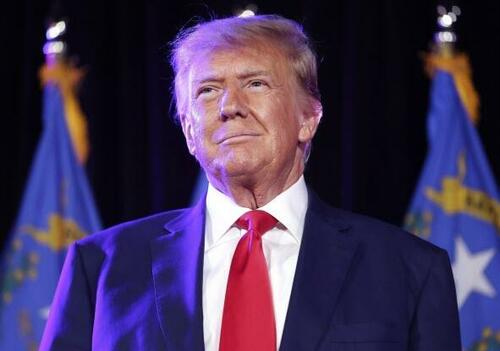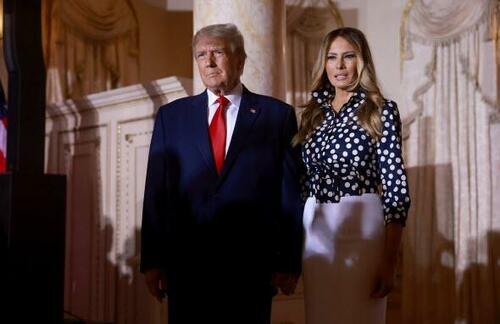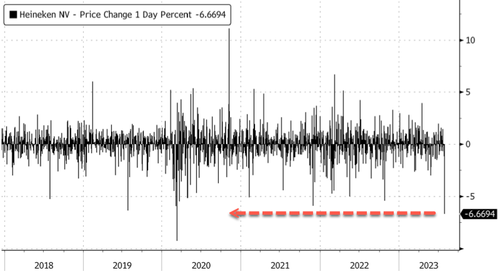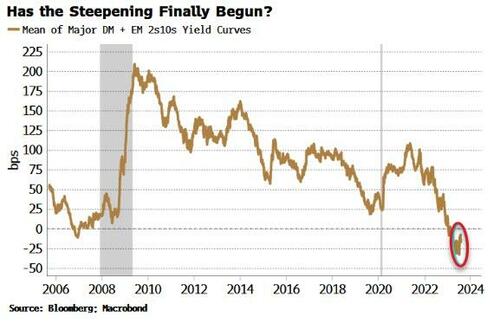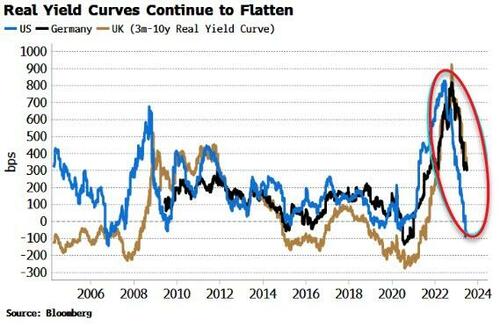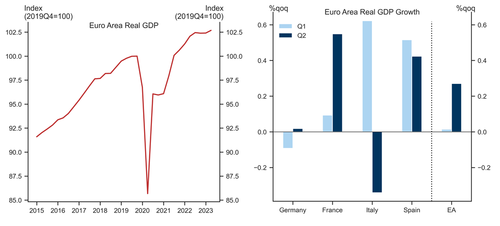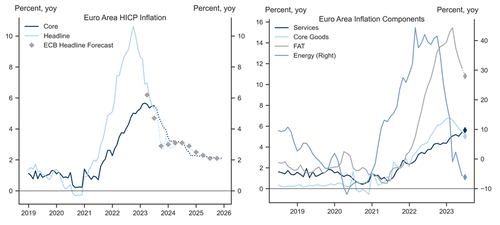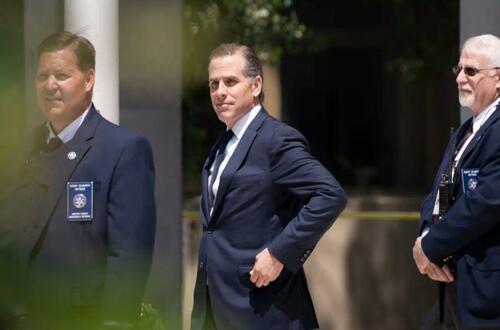From Trump v. CNN, decided Friday (quite correctly, I think) by Judge Raag Singhal (S.D. Fla.):
Trump alleges that CNN defamed him by making statements comparing him to Hitler and the Nazi regime …:
[a.] On January 25, 2021, CNN published an article written by Ruth Ben-Ghiat, a “frequent contributor to CNN Opinion,” entitled “Trump’s big lie wouldn’t have worked without his thousands of little lies.” Ben-Ghiat wrote: “This is Trump’s ‘Big Lie,’ a brazen falsehood with momentous consequences.” Ben-Ghiat likened the Plaintiff to an authoritarian dictator, writing:
Trump, a leader of authoritarian intentions and tendencies, had disadvantages with respect to the foreign autocrats he so admires. He had no state media, like China’s Xi Jinping. He could not rule by decree, like Hungary’s Viktor Orbán. He had to govern and run for reelection in an open society with a relatively robust free press. Moreover, although he succeeded in making journalists into hate objects for many of his followers, he could not revoke or destroy the First Amendment.
So Trump took a different tack, unleashing a barrage of disinformation common in authoritarian states but without precedent in the history of the American presidency. He told more than 30,000 documented lies in public (30,573 was The Washington Post’s final tally), on Twitter, at rallies and in interviews. If taken as an average, it would come out to 21 lies per day over his four-year term.
[b.] On July 5, 2021, CNN published an article written by Chris Cillizza, CNN Editor-at-Large, entitled “Donald Trump just accidentally told the truth about his disinformation strategy.” In this article, CNN’s Editor-at-Large likens the Plaintiff to Nazi propagandist Joseph Goebbels: “One can only hope that Trump was unaware that his quote was a near-replication of this infamous line from Nazi Joseph Goebbels: ‘If you tell a lie big enough and keep repeating it, people will eventually come to believe it.'” {The Trump quote referenced by Cillizza was made on July 3, 2022, in Sarasota, Florida: “If you say it enough and keep saying it, they’ll start to believe you.”}
[c.] On September 15, 2021, CNN published an article written by Chris Cillizza, CNN Editor-at-Large, entitled, “Donald Trump’s Mental Health becomes an issue again.” In this article, CNN Editor-at-Large wrote that President Trump “continued to push the Big Lie that the election was somehow stolen despite there being zero actual evidence to back up that belief.”
[d.] On January 16, 2022, CNN aired a television show entitled “State of the Union” that included host Jake Tapper making the following comments:
TAPPER: Over the weekend, while Martin Luther King III was in Arizona rallying to expand voting rights, Donald Trump was, the same day, in the same state, doing the exact opposite, continuing to push his big lie.
(BEGIN VIDEO CLIP) TRUMP: Last year, we had a rigged election, and the proof is all over the place. They always talk about the big lie. They’re the big lie. (END VIDEO CLIP)
TAPPER: There is a reason Trump was in Arizona, to push the legislature to disenfranchise the state’s voters based on all of his deranged election lies.
[e.] On February 11, 2022, CNN published an article written by Chris Cillizza, CNN Editor-at-Large, entitled, “Here’s the terrible reality: Trump’s election lie is on the march” with a link entitled, “New poll suggests Trump 2020 election lie is working.” In the article, Cillizza claims:
This is the insidiousness of Trump’s big lie. It’s like an earworm—you may hate the song but you just keep finding yourself humming it in the shower. Trump has created a constant low-level buzz within the American electorate that something is wrong with the way we conduct elections. That he has no proof doesn’t seem to matter; by sheer repetition, his false claims are wheedling their way into the consciousness of the public.
Trump alleges that the use of the phrase “the Big Lie” constitutes defamation per se because it “create[s] a false and incendiary association between the Plaintiff and Hitler.” He argues that the use of the phrase “the Big Lie” is defamatory because it “has incited readers and viewers to hate, contempt, distrust, ridicule, and even fear the Plaintiff causing injury to the Plaintiff, the Plaintiff’s reputation, and the Plaintiff’s political career.” As a result, Trump claims that viewers and readers “understood that Plaintiff would be Hitler-like in any future political role.”
Trump further alleges that CNN failed to similarly challenge Democrat politicians who complained about election integrity. He argues that CNN’s disparate treatment of public figures is evidence of malice and “evidence that Defendant is not reporting the news, but rather propagating its political views.” …
The [key] question is whether the statements were false statements of fact. This is where Trump’s defamation claims fail.
The problem is essentially two-fold. First, the complained of statements are opinion, not factually false statements, and therefore are not actionable. Second, the reasonable viewer, unlike when Sullivan, Butts or Gertz were decided, no longer takes the time to research and verify reporting that often is not, in fact, news. As an example, only one month ago, the United States Supreme Court issued a well written 237-page joint opinion with vastly divergent views in two cases known widely as the Affirmative Action decisions. Within minutes of the release of the opinion, the free press had reported just what the opinion supposedly said and meant although it was clearly impossible that the reporter had read the opinion. And of course, those initial news articles were repeatedly shared, commented upon and disseminated over social media and still to this day the reasonable viewer very likely hasn’t read the opinion and never will. This is the news model of today. It is far different than that in Sullivan which altered law that existed for 175 years and has spawned a cottage industry over the last 60. But this too is not actionable.
Trump argues that CNN’s motivation for describing his election challenges as “the Big Lie” was to undermine Trump’s political standing. But political motivation does not establish falsity. The “intention to portray [a] public figure in [a] negative light, even when motivated by ill will or evil intent, is not sufficient to show actual malice unless the publisher intended to inflict harm through knowing or reckless falsehood.”
Acknowledging that CNN acted with political enmity does not save this case; the Complaint alleges no false statements of fact. Trump complains that CNN described his election challenges as “the Big Lie.” Trump argues that “the Big Lie” is a phrase attributed to Joseph Goebbels and that CNN’s use of the phrase wrongly links Trump with the Hitler regime in the public eye. This is a stacking of inferences that cannot support a finding of falsehood.
Church of Scientology v. Cazares (5th Cir. 1981) is similar to the present case. There, a city official made numerous public statements opposing the church’s presence in the city. In one he stated: “Scientologists are bringing to the city a helter-skelter world and philosophy.” The church sued, stating that “the term ‘helter-skelter’ had, by reason of a best-selling book and television movie of the same title come into public understanding as descriptive of the policy of [a] generation of racial strife and indiscriminate mass murder allegedly espoused by the infamous and widely publicized Charles Manson.” The church claimed that by using the term “helter-skelter,” the defendant intended “to convey to the public that [the church] was dedicated to promotion of [a] generation of racial strife and indiscriminate mass murder.” The former Fifth Circuit found no defamation, stating that it was “not prepared to build inference upon inference in order to find defamatory meaning in a statement.” Neither is this Court able to create an inference of defamatory meaning.
Trump alleges that “the Big Lie” refers to a Nazi “propaganda campaign to justify Jewish persecution and genocide.” Like Trump and CNN personalities Ashleigh Banfield and Paul Steinhauser (see , the Court finds Nazi references in the political discourse (made by whichever “side”) to be odious and repugnant. But bad rhetoric is not defamation when it does not include false statements of fact. CNN’s use of the phrase “the Big Lie” in connection with Trump’s election challenges does not give rise to a plausible inference that Trump advocates the persecution and genocide of Jews or any other group of people. No reasonable viewer could (or should) plausibly make that reference…. “The language of the publication declared upon should not be interpreted by the extremes but should be ‘construed as the common mind would ordinarily understand it.” … And even if the phrase “the Big Lie” could somehow plausibly compel a reasonable viewer to perceive Trump as “Hitler-like,” or “authoritarian,” such terms are not statements of fact subject to defamation laws “because of the tremendous imprecision of the meaning and usage of such terms in the realm of political debate ….” A connotation or implication is only actionable if it is “provably false.” Being “Hitler-like” is not a verifiable statement of fact that would support a defamation claim. {In Buckley, the court held that “political labels” such as “fascist,” “fellow traveler,” and “radical right” were too imprecise to be proven as statements of fact.}
{Trump cites three cases where references to Hitler were deemed defamatory. See State v. Guinn (Tenn. 1961); O’Donnell v. Philadelphia Rec. Co. (Pa. 1947); Goodrich v. Rep. Pub. Co. (Tex. Civ. App. 1946). But these cases were decided before New York Times Co. v. Sullivan and its progeny and, therefore, have little to no bearing on this case.}
Brian M. Underwood, Jr. and Eric P. Schroeder (Bryan Cave Leighton Paisner LLP) and Eric Corey Edison and George S. LeMieux (Gunster Yoakley & Stewart, P.A.) represent CNN.
The post Accusing Trump of Perpetrating "Big Lie" Is Opinion and Therefore Not Libelous, Court Holds appeared first on Reason.com.
from Latest https://ift.tt/bGQKD2g
via IFTTT
